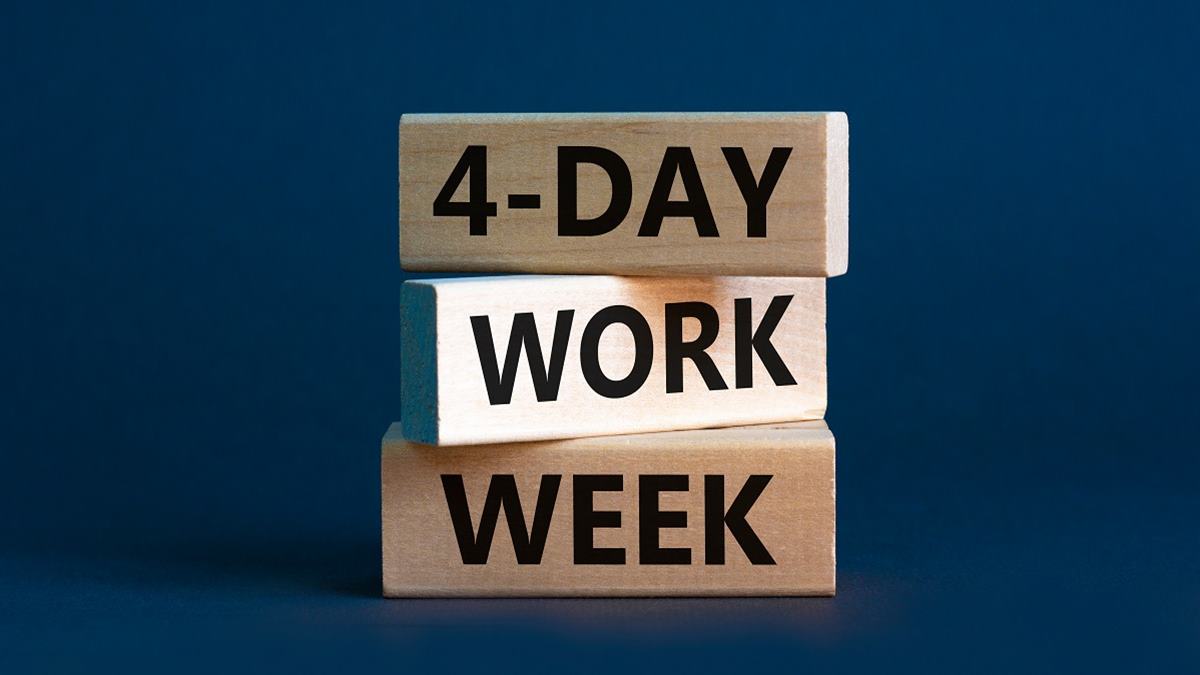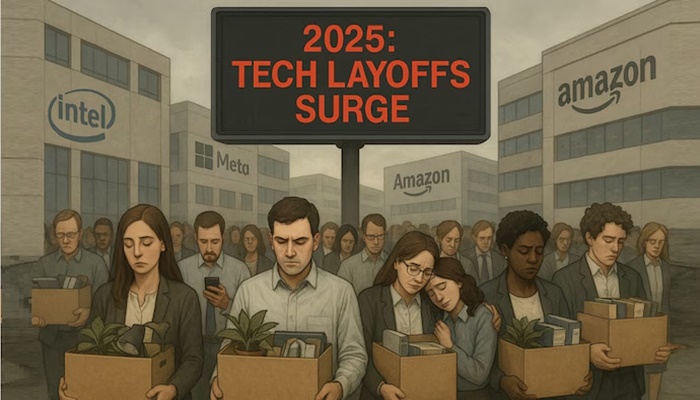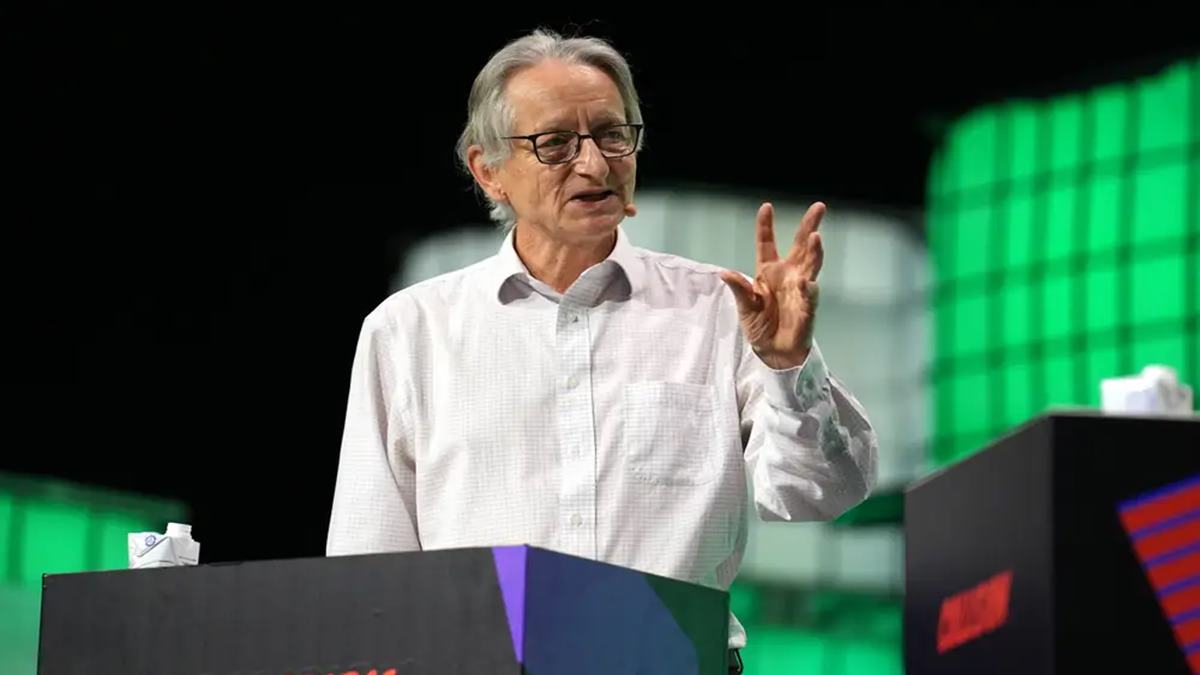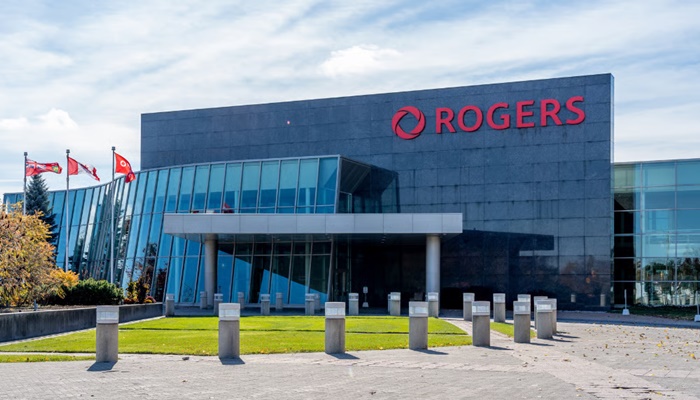Spend five minutes trawling any social media platform and you will come across plenty of content eulogising a 4am, protein shake-fuelled, raw-dogging, lifestyle of hustle and grind.
None of it seems sustainable, let alone believable, so it’s easy to ignore or lampoon even.
And yet, that all-or-nothing, die at your desk attitude is an established and accepted part of Silicon Valley culture, and increasing prevalent elsewhere.
High-profile tech leaders openly romanticize a culture of 24/7 work schedules and are having a serious and lasting effect on organizations.
Nvidia’s CEO Jensen Huang and Tesla’s Elon Musk have once again boasted about their non-stop working lives, knowingly putting pressure on staff and leaving HR leaders to manage the fallout among the workforce.
“I work from the moment I wake up to the moment I go to sleep. I work seven days a week,” said Huang, now head of the world’s most valuable company. “When I’m not working, I’m thinking about working… I sit through movies, but I don’t remember them because I’m thinking about work.”
His remarks are more than just rodomontading, they are setting an example (a challenge even) to the rest of his organization. Nvidia’s internal culture mirrors Huang’s round-the-clock mindset. Former employees describe an environment where the grind extends well past normal hours, sometimes until one or two in the morning, especially in engineering roles. According to Bloomberg, expectations to work seven days a week are not uncommon, and pressure in meetings has reportedly led to shouting matches.
Despite the punishing culture, some staff are still reluctant to leave – testament to the high compensation packages on offer at Nvidia, which may keep employees tied to roles even at the expense of their wellbeing. It’s a choice some are happy and prepared to make, however.
Huang makes no apologies for the demands he places upon his staff. “If you want to do extraordinary things, it shouldn’t be easy,” he says.
Extreme hours set poor precedent
Tesla’s Elon Musk echoed Huang’s view in a post aimed at calming investor concern over the EV maker’s recent poor performance.
“Back to working seven days a week and sleeping in the office if my little kids are away,” he boasted through X.
That’s the social media platform, not one of his kids.
The statement came just before Tesla was due to report its latest earnings, following a tough half-year marked by underwhelming sales and political controversy. Tesla’s sales dropped 13% year-over-year in the first half, with 721,000 vehicles sold. Analysts had expected closer to 970,000. The company’s Q2 figure of 384,000 matched lowered expectations.
Musk’s online presence and recent political manoeuvrings have affected Tesla’s market performance. Following his endorsement of Trump in July 2024, Tesla shares rose to $488.54, but later dropped below $215 amid slumping sales and concerns over tariffs.
Within these personality-lead organizations, HR professionals are challenged with managing the cultural and wellbeing impact of bosses who publicly glamorize overwork.
Tesla is no stranger to the physical toll of such a model. Musk’s relentless routine, very deliberately shared with the public, places obvious pressure on employees who may feel their own performance will be judged against the extreme standards set by leadership.
Even leaders outside the tech sector have added to the glorification of non-stop work. “Even if I am on vacation, you’re on 24 hours a day. You never can really leave,” said That’s It Nutrition CEO Lior Lewensztain. Scale AI cofounder Lucy Gao, came up with: “If you feel the need for work-life balance, maybe you’re not in the right work.”
Such a statement may be thought of as motivational but it only serves to create self-doubt among employees, who begin to question their own contribution to the team and, that of their colleagues, which can be toxic to any sense of collaborative effort.
Embracing so-called “grind culture” complicates efforts to create sustainable, healthy environments. High-performance cultures often rely on long hours, but when the concept of work-life balance is dismissed outright, the result is often damaged morale, engagement issues and increased attrition. All of which have a negative impact on the bottom line.
HR must manage burnout and culture risk
What happens when staff feel compelled to follow the lead of their CEOs? At Nvidia, the answer seems to be a mix of resilience and quiet exhaustion. Employees may tolerate the high pressure in exchange for high pay, but balancing business needs against employee wellbeing becomes harder when leadership encourages that 24/7 ‘always on’ culture.
There’s virtually no room for personal time in Huang’s world, he claims, and staff are watching. It increases the risk of burnout, declining engagement and potential employer brand damage.
If employees believe they must match their CEO’s pace, retention becomes a concern particularly for those with caregiving responsibilities or who place a premium on flexibility and mental health. It also complicates recruitment. When trying to attract diverse talent in a competitive labor market, a reputation for extreme work culture can be a significant obstacle.
It isn’t limited to Nvidia and Tesla. The “grind” is deeply embedded elsewhere in Silicon Valley and the broader start-up world. But employee tolerance is changing. Many younger workers prioritize balance, flexibility and meaningful work over pay and benefits – values at odds with the 24/7 mindset.
The challenge is not to remove drive or ambition, but to build cultures where people can succeed sustainably. Huang’s belief that “if you want to do extraordinary things, it shouldn’t be easy” resonates for many leaders, but can be counter-productive in practice.
Business success doesn’t need to come at the cost of employee health, retention or long-term productivity. And won’t come at all if you can’t attract the best talent.




















